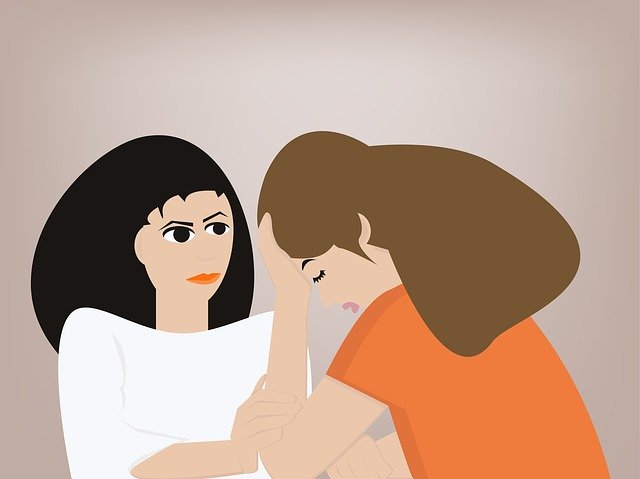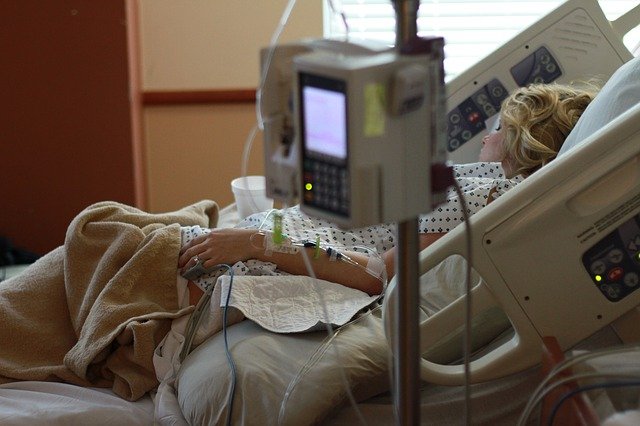
Palliative is defined as something that helps alleviate the effects of something.
Before proceeding to determine the meaning of the term palliative , it is necessary to establish its etymological origin. In this sense, we can say that it derives from Latin. More specifically, the sum of the components of that language:
• “Palliatus”, which can be translated as “covered by a cloth”.
• The suffix «-tive», which is used to indicate an active or passive relationship.
Palliative is an adjective that is used to name that which lessens, alleviates or cushions the effects of something . By appealing to a palliative, the person seeks to soften or mitigate a consequence of something that, for one reason or another, cannot be eliminated.
Palliative in medicine
The most frequent use of this adjective is associated with the medicine that is given to someone who suffers from a disease that cannot be cured, with the intention of slowing down the progression of the disease and reducing the pain and discomfort it generates in the patient's body. .
For example: «Doctor, couldn't you give my mother some palliative care? He complains a lot about pain" , "Rest assured, I'm going to prescribe a palliative remedy" , "This is a chronic illness that can be treated with palliatives" .
Purpose of this type of care
In addition to all of the above, we would have to say that palliative medicine also has another important series of objectives, among which we could highlight the following:
• Offer the most personalized and comprehensive assistance possible to the patient.
• Provide necessary help to the patient's family, as well as improve their quality of life.
• Reduce, as far as possible, the symptoms suffered by the patient.
In order to achieve all the proposed goals, it must be noted that there are a significant number of programs and services, among which are the following: home care teams, monographic centers, professional assistance in palliative care at home, specialized care units. palliative…

Palliative care is offered to patients experiencing a terminal illness.
Features of palliative care
Palliative care , on the other hand, is the medical and nursing care provided to a person suffering from a terminal illness. The intention of this care is to minimize pain and increase the subject's quality of life.
Palliative care is developed when the patient's condition is irreversible , without this implying that other treatments are stopped. Palliative care not only aims at the physical condition of the person, but also seeks to work on their psychology , social support, etc. It can also be used to treat the side effects of other procedures.
Its importance in terminal cancer cases
One of the diseases that unfortunately most requires patients to seek palliative care is cancer. In this sense, it is necessary to know a series of characteristics of those carried out with respect to this pathology:
• They are developed mainly in hospitals and cancer centers. However, they can also be carried out at the home of the person in question.
• To carry them out, both the physical and emotional problems of the patient are taken into account, without forgetting other practical problems.
Generally, palliative care involves joint work between various specialists (doctors, nurses, etc.) and the patient's family members so that care is comprehensive .
